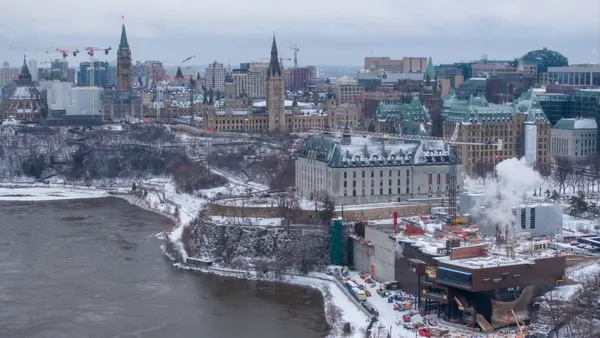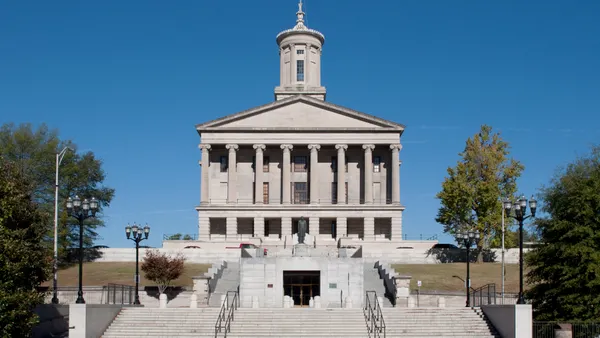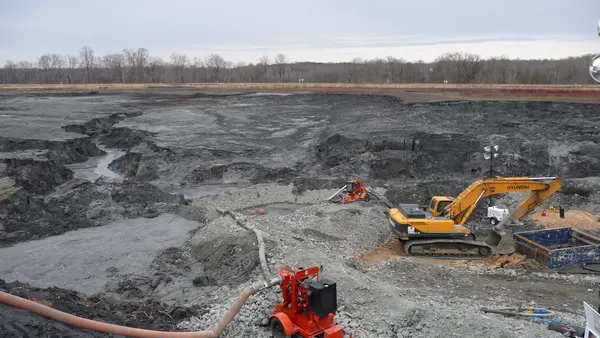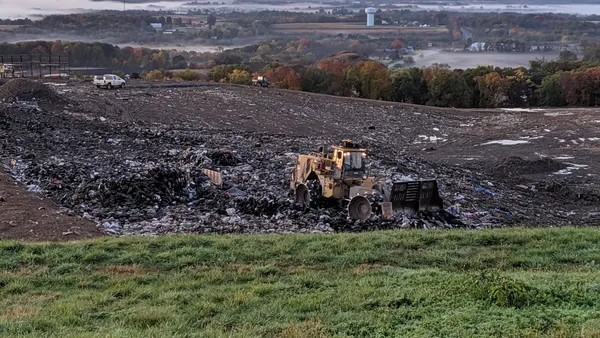It's no longer an open question; bioreactors do what bioreactor theory says they should do. They manage leachate economically, increase airspace through settlement, generate revenue with landfill gas (LFG) and may even shorten required post-closure care times.
“Bioreactors work,” says Kristy Smith, bioreactor manager with Buncombe County, N.C. “Now the big questions involve what works best? What kind of regulatory flexibility will you need? Should you retrofit existing cells or just start building from scratch when you open the next cell?”
Buncombe County is answering those questions by retrofitting bioreactor cells and building them from scratch at a 95-acre Subtitle D landfill located near Asheville, N.C.
The two kinds of bioreactors will eventually occupy all ten cells in the landfill. Cells 1 through 5 have been filled to capacity. Cell 6 is partially filled. Cell 7 will begin operation in 2015.
The facility is part of a national pilot program run by the U.S. Environmental Protection Agency (EPA) called Project XL (eXcellence in Leadership), which tests....












